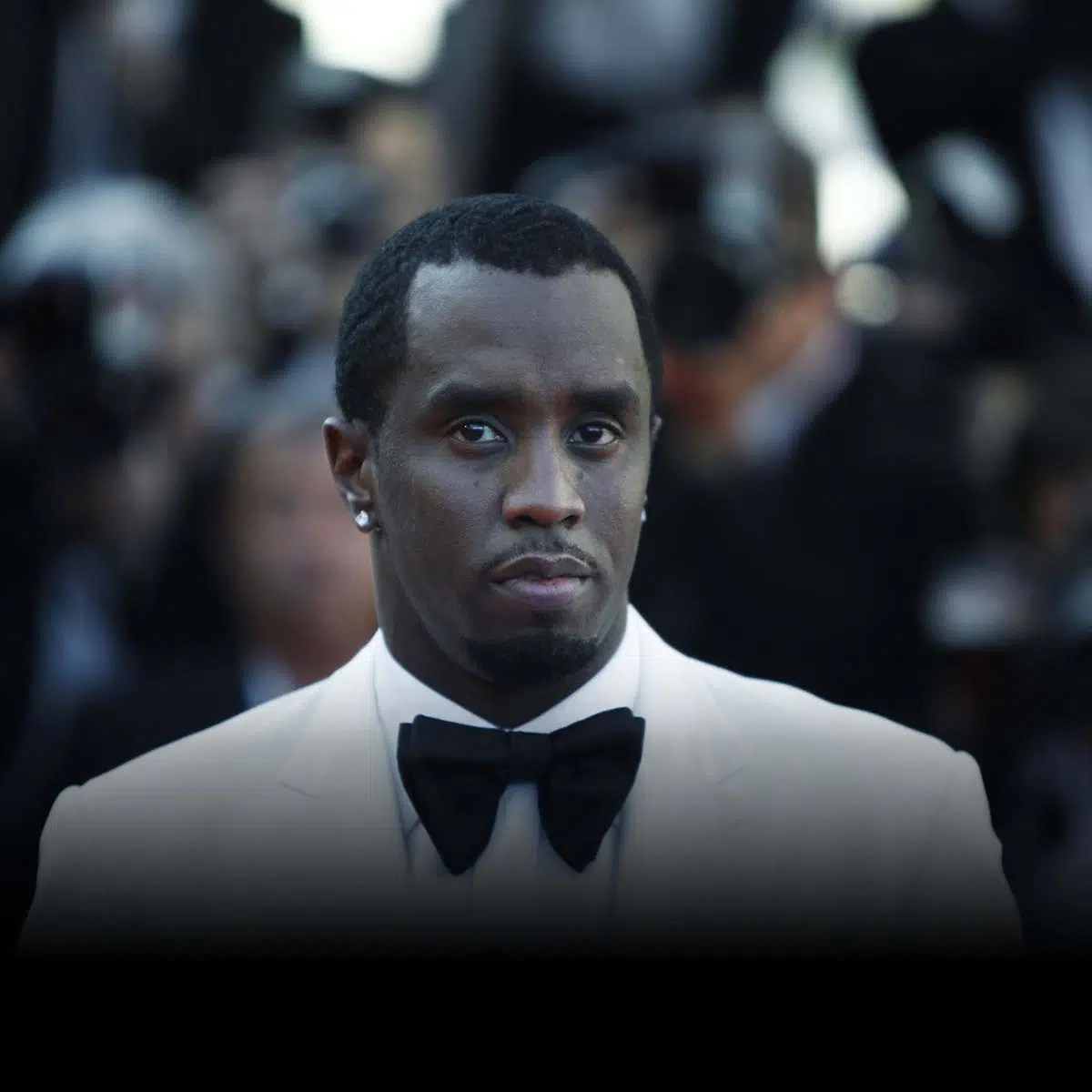The recent viral video comparing the Pope to P Diddy has sparked a wave of discussions across social media platforms. Many viewers have found humor in the resemblance, leading to memes and jokes that have taken the internet by storm. This article explores the origins of the video, the cultural implications of such comparisons, and why they resonate with audiences worldwide.
In an age where social media can turn a simple video into a global sensation overnight, understanding the dynamics behind this phenomenon is crucial. By dissecting the elements that make this comparison amusing and relatable, we can gain insights into the role of humor in our society. Moreover, this article aims to analyze the reasons behind the popularity of celebrity comparisons and the impact of viral content on public perception.
As we delve deeper into this topic, we will explore various aspects such as the backgrounds of both the Pope and P Diddy, the context of the video, and the cultural significance of their likeness. Join us as we uncover why such comparisons often resonate with the public and what they reveal about our collective psyche.
Table of Contents
- Biography of the Pope and P Diddy
- The Viral Video Explained
- Cultural Impact of Celebrity Comparisons
- The Role of Humor in Society
- Public Perception and Reactions
- Social Media's Role in Viral Content
- Conclusion
- Call to Action
Biography of the Pope and P Diddy
Pope Francis: A Brief Overview
Pope Francis, born Jorge Mario Bergoglio on December 17, 1936, is the 266th Pope of the Roman Catholic Church. He became pope on March 13, 2013, and is known for his humble approach, progressive views on social issues, and emphasis on interfaith dialogue.
P Diddy: The Music Mogul
P Diddy, born Sean Combs on November 4, 1969, is an American rapper, singer, record producer, and entrepreneur. He is renowned for his influence on hip-hop music and culture, founding Bad Boy Records, and launching successful ventures in fashion and beverages.
Personal Information Table
| Name | Date of Birth | Profession |
|---|---|---|
| Pope Francis | December 17, 1936 | Religious Leader |
| P Diddy | November 4, 1969 | Rapper, Producer |
The Viral Video Explained
The viral video that sparked the comparison between the Pope and P Diddy features clips that highlight their similar facial expressions and sartorial choices. The juxtaposition of a religious figure with a hip-hop mogul created an unexpected and humorous visual. The video quickly gained traction, leading to widespread sharing and commentary.
Cultural Impact of Celebrity Comparisons
Comparing celebrities, especially figures from vastly different backgrounds, has become a popular form of entertainment. This trend showcases society's fascination with celebrity culture and the desire to find common ground among prominent figures. Such comparisons often serve as a reflection of societal norms and values.
The Role of Humor in Society
Humor plays a vital role in human interactions, often serving as a coping mechanism in times of stress. By comparing figures like the Pope and P Diddy, people engage in a form of humor that allows them to process complex social issues in a lighthearted way. This section explores how humor fosters community and connection.
Public Perception and Reactions
The public's reaction to the comparison has been overwhelmingly positive, with many finding the video entertaining and thought-provoking. This section delves into the various responses, highlighting how humor can bridge gaps between different social and cultural groups.
Social Media's Role in Viral Content
Social media platforms have played a significant role in the dissemination of the video, enabling it to reach a global audience quickly. This section examines how algorithms and user engagement contribute to the virality of content and the implications for public discourse.
Conclusion
In conclusion, the viral video comparing the Pope to P Diddy highlights the power of humor and celebrity culture in shaping public perception. By understanding the cultural significance of such comparisons, we can appreciate the complexities of modern society and the ways in which we connect with one another.
Call to Action
If you enjoyed this article, consider leaving a comment below or sharing it with your friends. For more engaging content on current trends and cultural phenomena, be sure to explore our other articles!
Thank you for reading, and we hope to see you back here soon for more insightful discussions!




